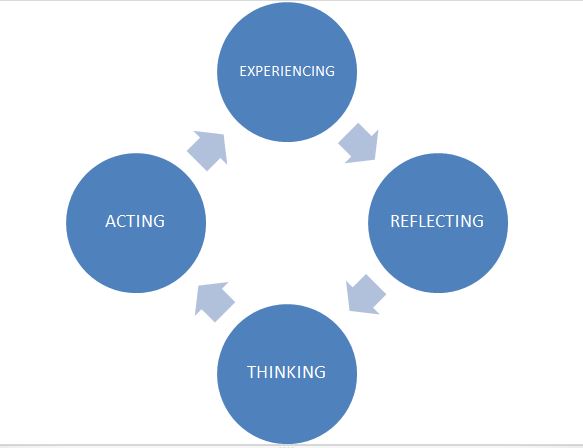Experiential Learning and Its Benefits
“LEARNING BY DOING” is a three word definition of Experiential Learning that is a process of hands-on experiences and reflection by which students are able to correlate their theoretical knowledge learned in the classroom with real-world situations. This type of educational philosophy has emerged in recent years in which a teacher provides students with the opportunity to apply knowledge to solve practical problems of various domains.
Jaipur National University (JNU) recognizes the value of experiential learning for students, and has developed the model to help transform student learning by providing opportunities of applying the gained theoretical knowledge in the institute. Some of the Important benefits to the students for experiential learning are mentioned below:
-
A Better Understanding of Course Material
Experiential learning is important because it creates environment in which the students get motivated to apply existing knowledge acquired by course curriculum and while applying, develop new knowledge and skills through experimenting. It also increases their understanding of the subject matter and nurtures their skills that can be used in developing new product.
-
Insight into their own skills, interests, passions, and values
Students who participate in experiential learning feel empowered to use their knowledge and skills in developing their own career. Students get insight of their own potentials, skill sets and interest which drives them to choose domain of their own choice. Through the passion of learning more & more, students are able to get the direction to build their future and excel in life.
-
Opportunities to collaborate with diverse organizations and people
While developing skill for choosing or developing the career, sometimes it becomes essential to take help of other professionals with advanced & high technical skill set. Experiential learning opens possibilities to collaborate with advanced learners and organizations. When students interact with them, they get flair of diverse technical field and explore more areas of experiential learning.
-
Positive professional practices and skill sets
Experiential learning also provides a student with transferrable skills like creativity, innovation, team building, collaborating with peer group, problem-solving, and critical thinking. All these skills are value addition in an individual for overall professional development and career growth. Experiential learning also prepares students to face the challenges in complex real technical world and by virtue of this they build their confidence, resilience, and self-awareness.
EXPERIENTIAL LEARNING CYCLE

Prof. Rajeev Mathur,
Director, School of Engineering & Technology,
Jaipur National University, Jaipur